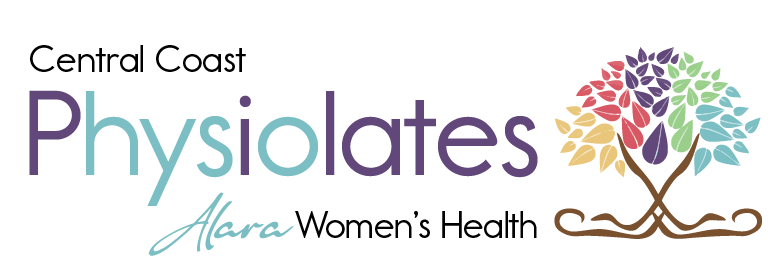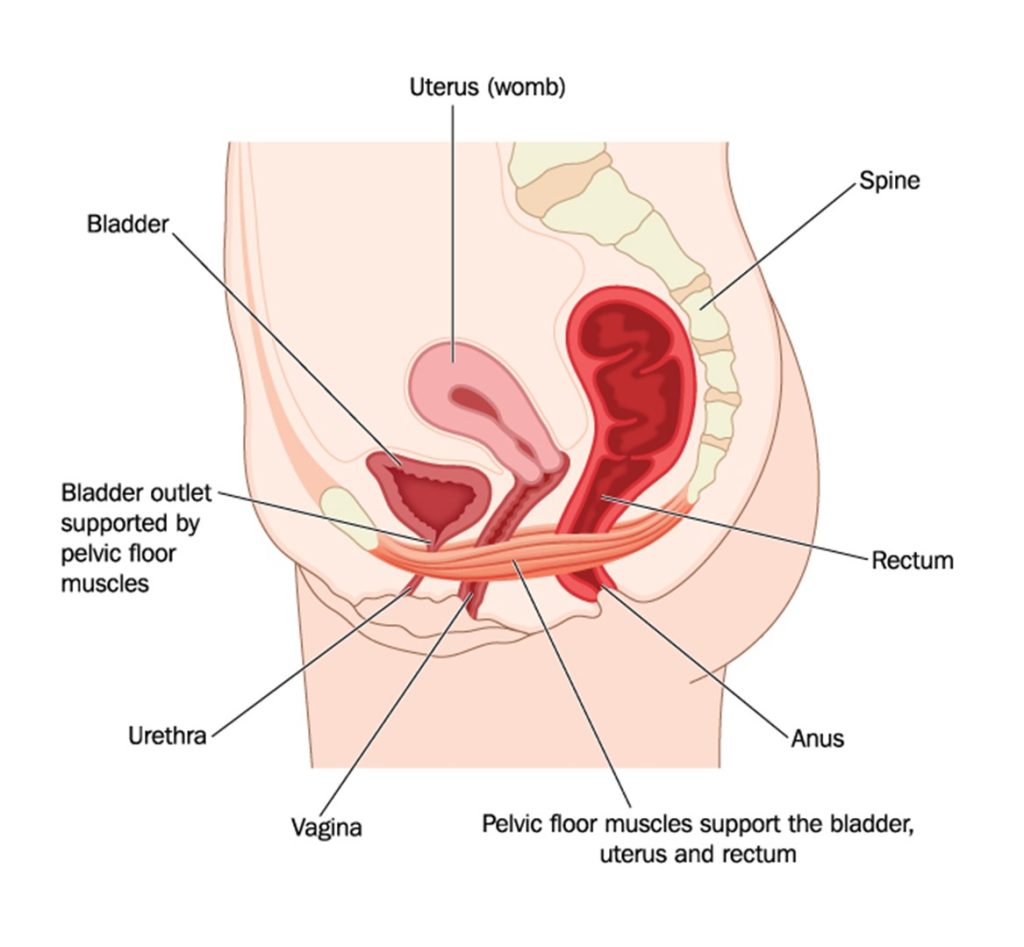Everybody talks about pelvic floor muscles being ‘weak’ or ‘stretched’ but what about when the opposite happens?
Approx 1 in 10 women have overactive or ‘tight’ pelvic floor muscles. This occurs when the pelvic floor muscles become too tense and are unable to fully relax. In addition this can affect the muscles ability to contract and support the pelvic organs.
This can lead to the following symptoms:
- Pelvic pain (can be abdominal, hip, pelvic or lower abdominal)
- Pain with intercourse (either initial or deep penetration)
- Urinary urgency and possibly urge incontinence
- Slower urinary flow or the inability to start the flow
- Issues with constipation and defecation
- Unable to consciously feel the pelvic floor muscle contract or relax
Possible causes of tight pelvic floor muscles can be:
- Trauma to the pelvic region
- Secondary to emotional stress and tension
- Secondary to other pelvic conditions such as endometriosis, IBS, post surgical, post birth, interstitial cystitis, painful bladder syndrome, recurrent UTI’s etc
Understandably if your pelvic floor muscles are already overactive, then doing lots of pelvic floor contractions isn’t going to help, if anything there is a chance it could exacerbate your symptoms by making the pelvic floor muscles more overactive/tighter.
Once diagnosed, there are several treatment options for an overactive or tight pelvic floor.
This can include learning to down-train (relax) the muscles, external stretches and muscle release, internal muscle release, breathwork, mindfulness and pelvic floor training to correct the relax and contract actions of the muscles. Our women’s health physiotherapists can guide you through the appropriate treatment options and give you an individualised program to resolve your symptoms.

